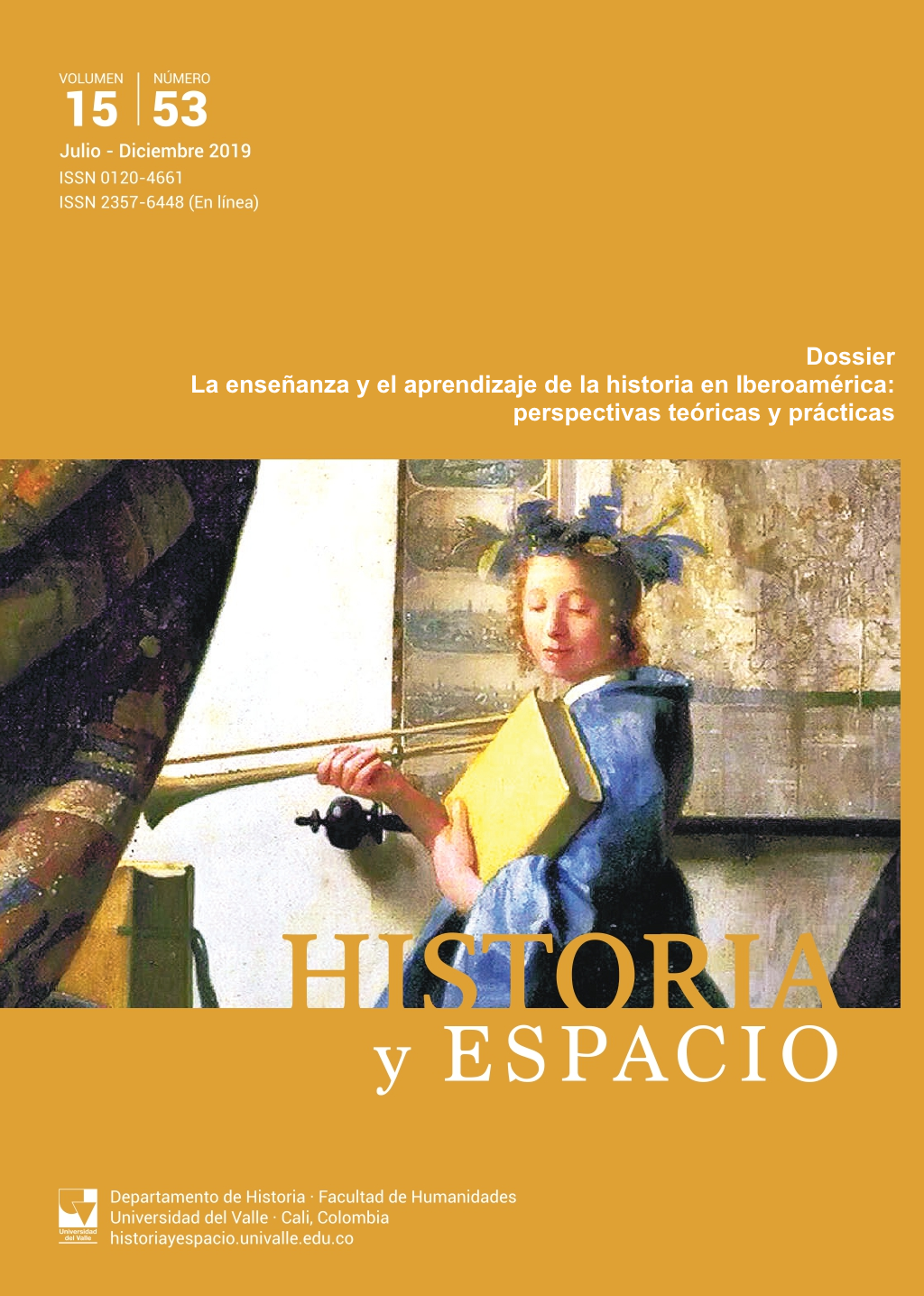La construcción de la Base Nacional Común Curricular (BNCC) de Historia en Brasil: entre diálogos, tensiones y controversias
Palabras clave:
Currículo, Enseñanza de historia, Eurocentrismo, Negacionismo científicoContenido principal del artículo
Brasil vive un turbulento momento político que tuvo su primer auge con el golpe jurídico-parlamentario contra la presidenta Dilma Rousseff. Mismo con un proceso en curso de inestabilidad política y económica se da continuidad a una serie de propuestas en el campo educativo, entre las que se inserta la construcción de una Base Nacional Común Curricular. El objetivo de este texto es problematizar como algunos historiadores se posicionan frente a la publicación, en 2015, de la primera versión de la Base Nacional Común Curricular para el componente Historia. Las disputas y conflictos ocurrieron, pues la BNCC proponía una remodelación en las narrativas históricas enfatizando la Historia de Brasil y sus orígenes amerindias y africanas balizando el lugar de la historia antigua y medieval. Las críticas que siguieron a la publicación de este documento preliminar no se restringieron al espacio de las universidades y de las asociaciones representativas, pero involucraron a los editores y autores de libros didácticos, políticos conservadores, religiosos fundamentalistas y periodistas sensacionalistas. Este artículo analiza una muestra de textos académicos y periodísticos que estructuraron el debate y propone un análisis preliminar de los argumentos utilizados y su relación con las posturas político-académicas, identificando posibles categorías para futuros análisis de contenido.

